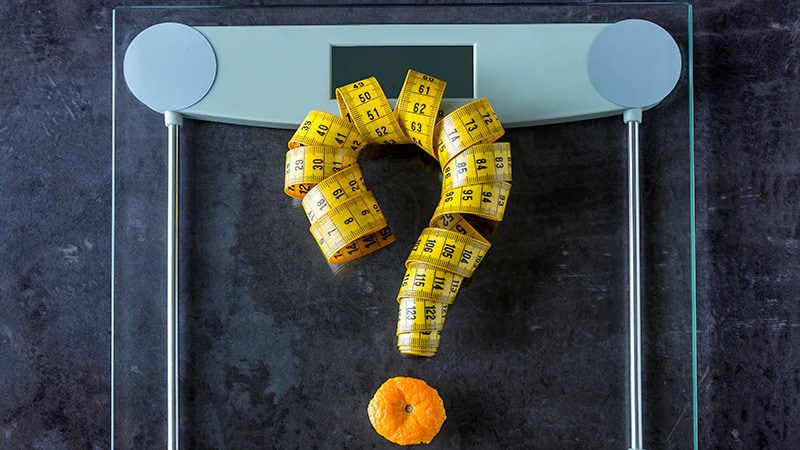What is interesting is that most articles or papers, when discussing things like obesity averages, use BMI as the primary supporting evidence. So there is a whole nation of people out there "out of standards" but actually quite healthy, included in the 'obesity' numbers. I would be curious to see this drilled down more to see if the difference is statistically significant.
I agree that it should be used as a screening tool for further follow up: "oh, you're BMI is 28. Let's get a 3D scan or hydro scan. Oh, you're 16% body fat with great labs and can run 3 miles in 21 minutes? You're good to go." Very different story from "oh, your BMI is 28, you are obese. Follow the SALT diet and see me in six months."




